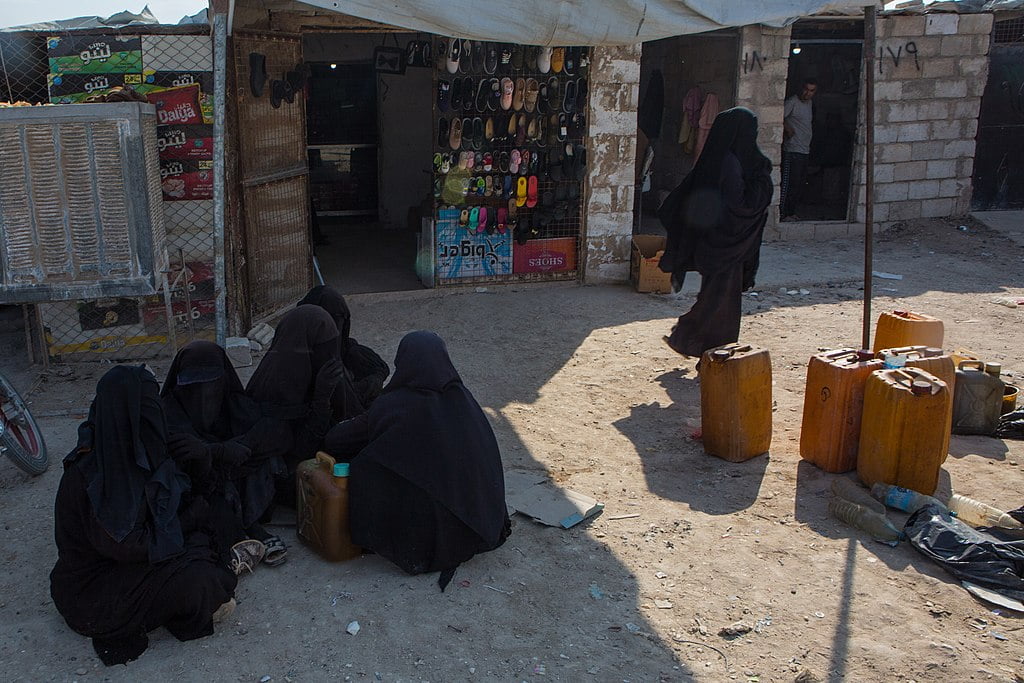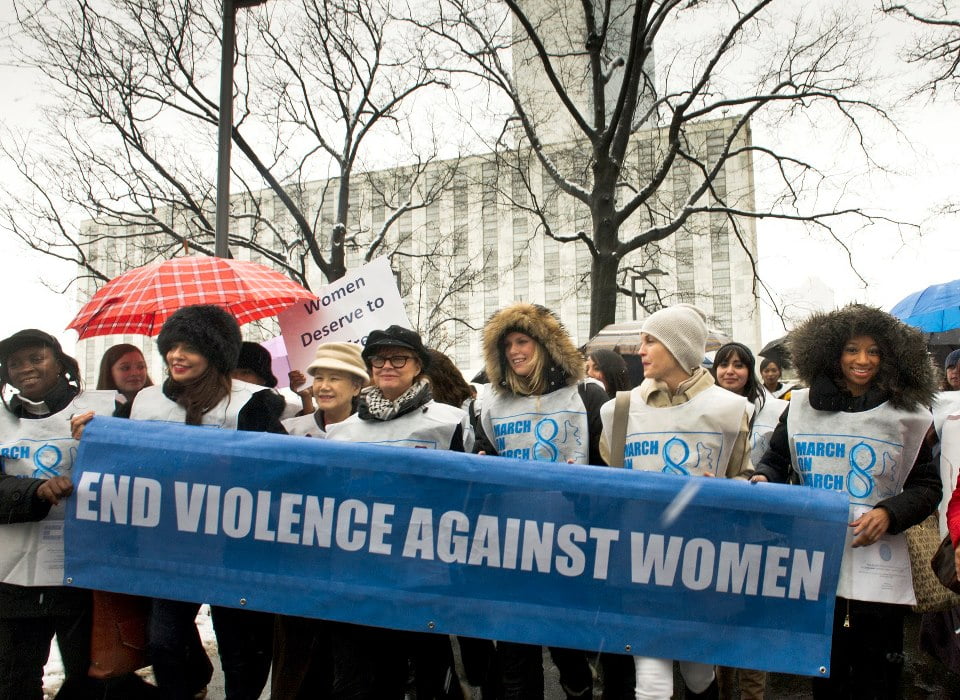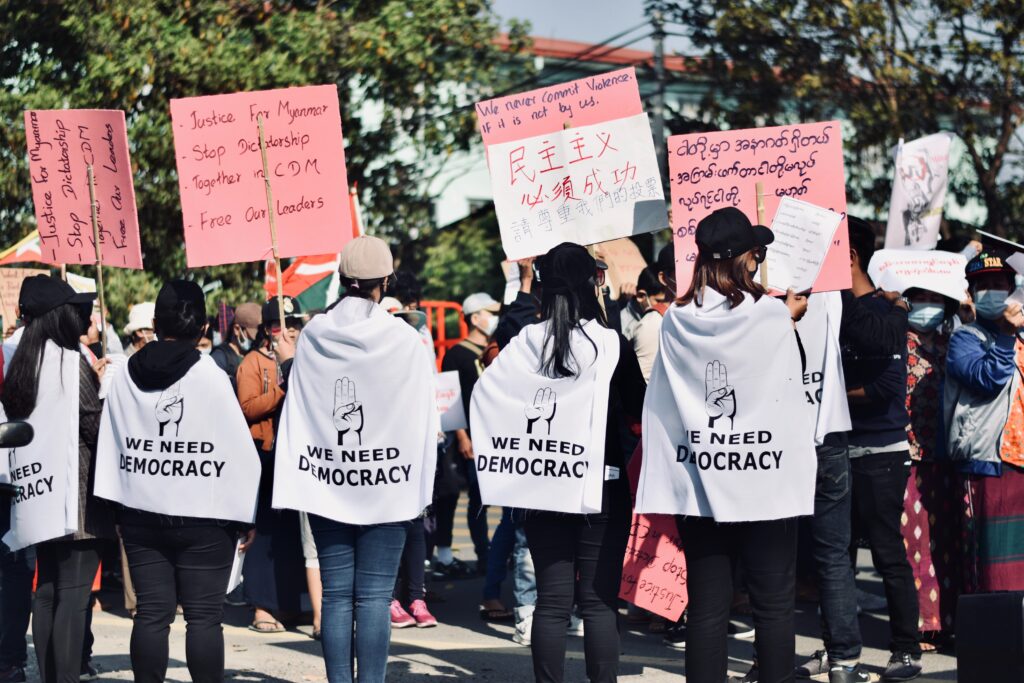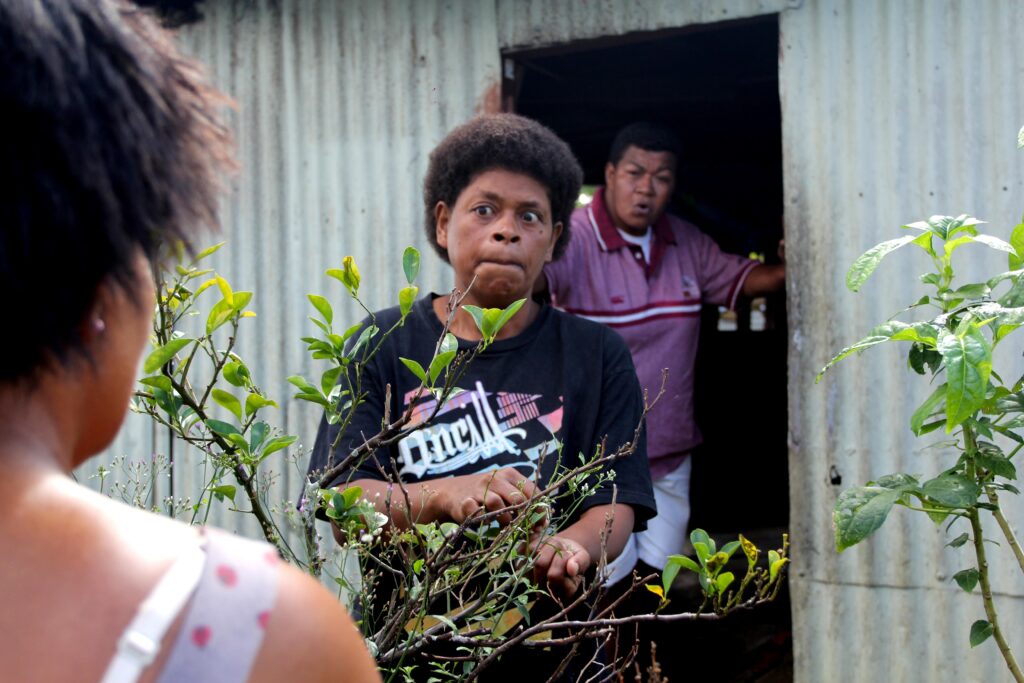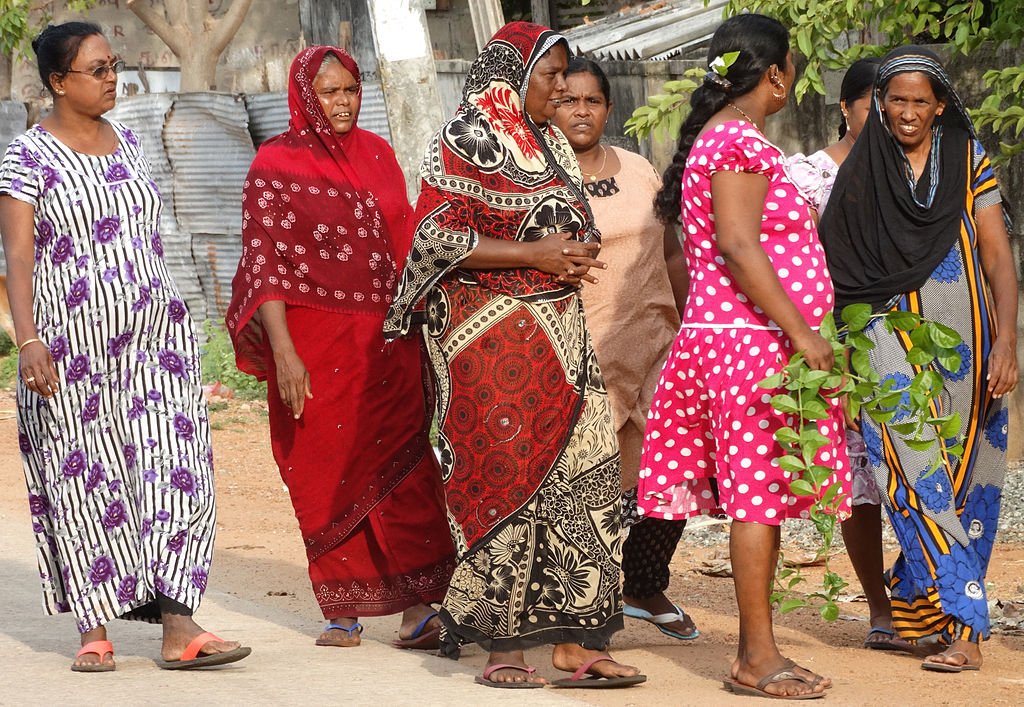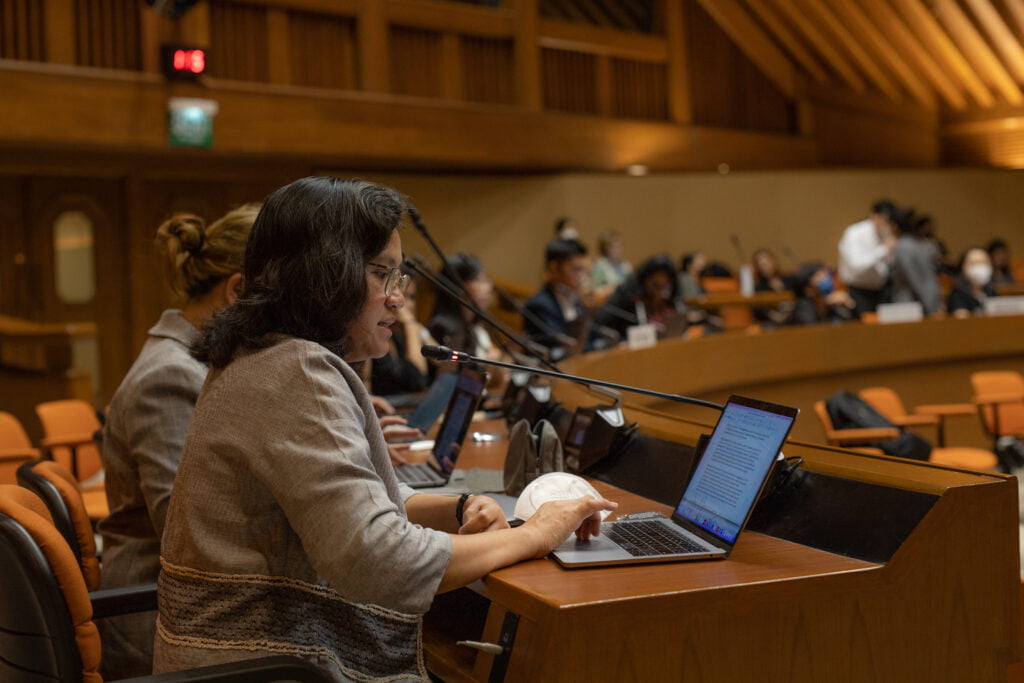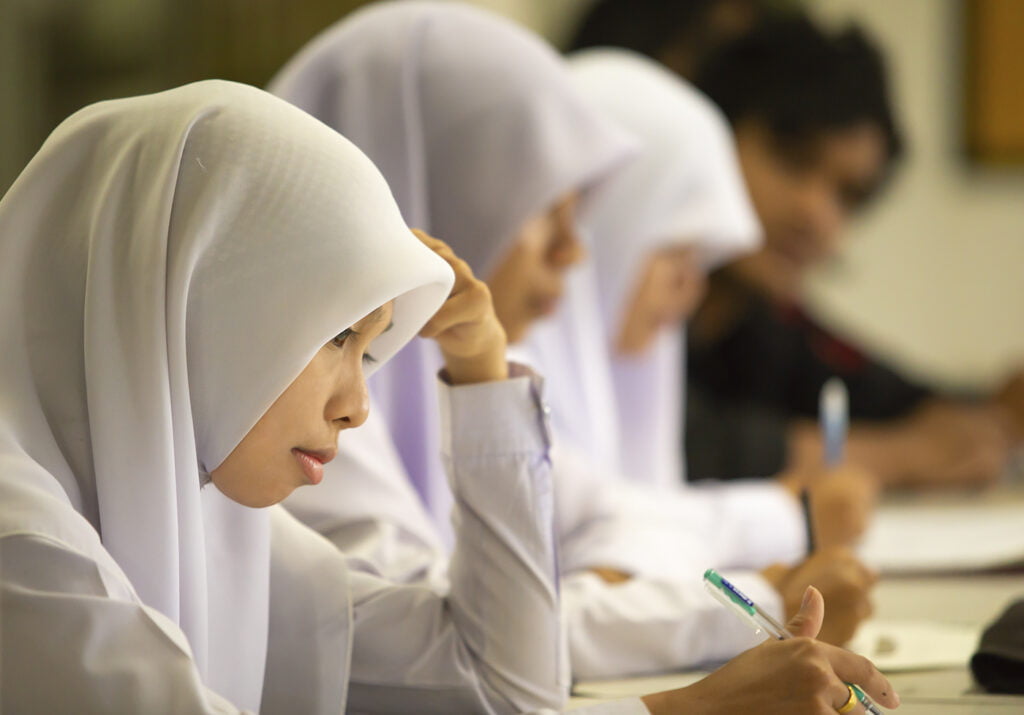As a peacebuilding measure, having more women in politics can help tackle racial tension.
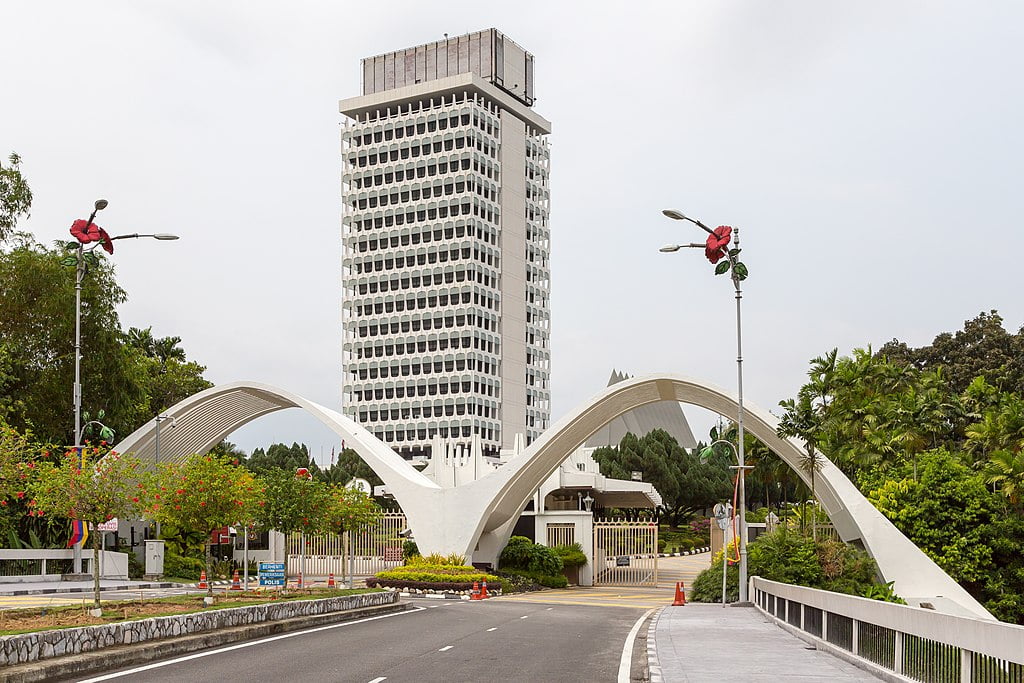 Empowering more women to enter parliament might be one way to help stem the xenophobia and bigotry which have plagued Malaysian society. : CEphoto, Uwe Aranas CC BY-SA 3.0
Empowering more women to enter parliament might be one way to help stem the xenophobia and bigotry which have plagued Malaysian society. : CEphoto, Uwe Aranas CC BY-SA 3.0
As a peacebuilding measure, having more women in politics can help tackle racial tension.
Malaysia has always struggled with polarisation over race, religion and political reform. Attacks on churches and temples and viral racist and xenophobic posts on social media have been common for years. When photos appeared on social media last month of Malaysian Islamic Party (PAS) members marching in the street armed with swords, spears and shields, there were fears they would stoke tensions ahead of this year’s state elections.
The party defended the parade by claiming it was a ‘historical cosplay’. The weapons were fake. Party president Abdul Hadi Awang called critics ‘Islamaphobes’. But the fear won’t go away easily, especially as Malaysia’s government has taken a hard approach recently toward marginalised groups such as migrants.
Sexism is another simmering issue. Even among MPs.
In July 2020, former Batu Kawan MP, Kasthuriraani Patto was humiliated and ridiculed after fellow parliamentarian Abdul Azeez Abdul Rahim hurled a racist and sexist remark at her during a parliament session. The incident caused an uproar. Other parliamentarians demanded the August House speaker take disciplinary action against Abdul Azeez for the slur. Abdul Azeez apologised and retracted his remark and claimed it was not his intention to cause offence.
Despite Kasthuri’s experience, empowering more women to enter parliament might be one way to help stem the xenophobia and bigotry which plagues Malaysian public life.
Women’s involvement in peacebuilding and their full and equal participation in public life are critical to building and sustaining strong and vibrant democracies. Several studies suggest women are more cooperative and pacifistic than men. Women learn to use violence later in a quarrel, escalate it more slowly, and are more emotionally distressed by it than men.
Research has also shown that democratic countries with more women in parliament spend less on military expenses and perform fewer military missions. Similarly, as gender equality improves in a country, the severity of crisis-related violence declines. These studies fairly conclude that most female lawmakers in democratic nations vote as ‘doves’, choosing to resolve conflict without force or aggression. However, other research has shown women’s more dovish acts in government are not gender-specific but, because women typically represent liberal constituencies. This might suggest women are no less aggressive than men, but their presence at the negotiating table does reduce the possibility of conflict.
Either way, the result is the same: more women in government equates to more efforts at achieving peace since they represent liberal voters who are more likely to be respectful of others.
Despite women making up about half the number of voters in Malaysia, it is still among the nations with the lowest proportion of female parliamentarians. According to figures by women groups, in the last general election, 7.3 million women made up 50.4 percent of registered voters but only 251 out of 2,333 candidates were women. Just 10.76 percent of ministerial positions were held by females. Women remain underrepresented with only five women ministers out of 28 ministers in the latest cabinet. Historically, there have never been more than five women serving in the cabinet at any given time.
It is believed that cultural barriers and political structures both play a role in impeding women’s entry and participation in politics. In a patriarchal society, Malaysian women are expected to prioritise their domestic role over public service. Women politicians find it difficult to climb the political ladder as they are seen as party supporters rather than leaders.
There are several Malaysian female leaders making headway in the fight against bigotry and racism. Nurul Izzah Anwar and Wan Azizah Wan Ismail have led the way and, more recently, youth and sports minister, Hannah Yeoh, who took a strong stand against racism towards a former national shuttler who made discriminatory comments on social media and a hockey player who was suspended for making a racist remark regarding an AR Rahman concert. Education minister Fadhlina Sidek has vowed to fight against discrimination at schools following allegations of racial segregation.
However, a female candidate in last year’s general election known as Cikgu Ayu or Siti Rohayu Baharim from the youth-led party, MUDA, said in an interview: “Women are more compassionate … but we do face circumstances where women leaders do not understand the plight of marginalised groups. It is not gender … to make [you] have compassion for another group.”
For example, a female politician from PAS allegedly called non-Muslims ingrates. It’s also been argued that female leaders may not want to appear weak in comparison to their male counterparts, so they overcompensate on security and defence matters.
Instead of falling into the trap of gender stereotyping, everyone – including women – has an important role to play in peacebuilding. Peacebuilding is an effort to prevent the escalation of violence that can occur through unsupervised rhetoric that pits one community against another. Female leaders and politicians thus play a key role in reducing racial-based tension before it becomes a full-blown conflict.
Keeping women out of leadership positions limits their contribution to fighting growing extremism and polarisation in Malaysia. It is feared that rising conservatism would limit support for women’s participation in politics as men are preferred leaders in such patriarchal systems. This could hamper peacebuilding as it excludes the voices of half of the population that also experience the impact of rising bigotry. Thus, to create a more peaceful and harmonious country, women have to be empowered to fully participate in society. Women contribute a unique viewpoint to Malaysia’s societal challenges and are more inclined to take a collective or consensual approach to conflict resolution.
Despite their best efforts, women politicians continue to face challenges due to discrimination and societal expectations. It’s important to have policies that support women’s participation in public life because they bring a more nurturing voice that can tackle ethno-religious extremism in Malaysia.
Syaza Shukri is an assistant professor at the International Islamic University Malaysia (IIUM), specialising in comparative politics, democratisation, and Muslim politics. She is also a non-resident research fellow at the European Centre for Populism Studies.
Originally published under Creative Commons by 360info™.



